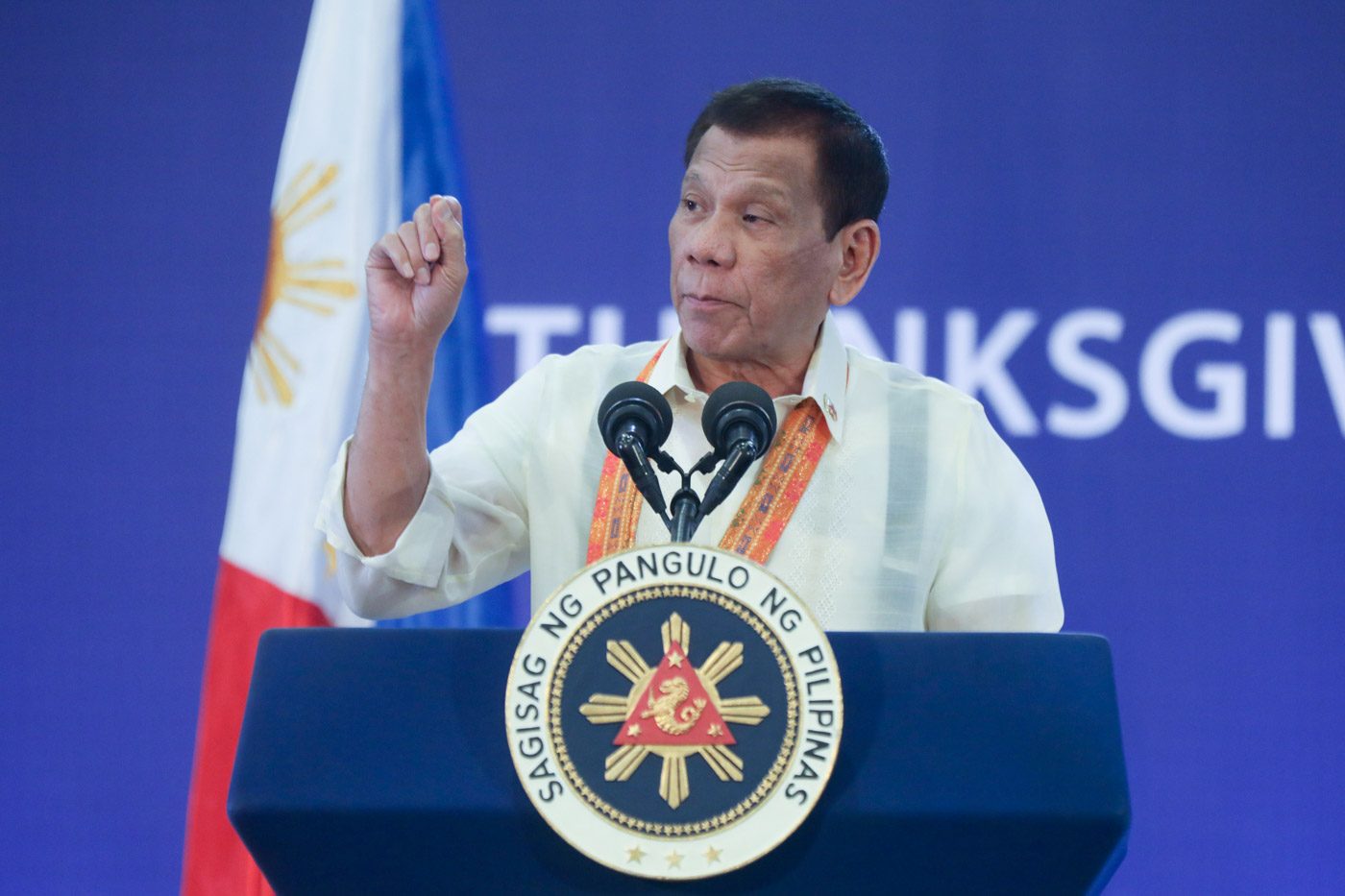SUMMARY
This is AI generated summarization, which may have errors. For context, always refer to the full article.

MANILA, Philippines – Global debt watcher Fitch Ratings raised its outlook for the Philippines to “positive” from “stable,” despite regulatory risks under the Duterte administration.
On Tuesday, February 11, Fitch cited the country’s sound macroeconomic policy framework, fiscal reforms, and moderate inflation as factors for the revision.
It also cited the country’s improved Ease of Doing Business ranking from 124th to 94th.
The improved outlook gives the Philippines a higher chance of a credit rating from its current status of BBB to the coveted A rating. A higher credit rating means lower borrowing costs for the government and the private sector.
“The Philippines will remain among the fastest-growing economies in the Asia-Pacific region in 2020-2021, well above the current ‘BBB’ median,” Fitch said.
Risks
The upward revision comes as politics and natural calamities shake up the Philippine economy.
President Rodrigo Duterte recently subjected Manila Water and Maynilad Water Services’ allegedly onerous concession agreements for review, but the debt watcher downplayed the impact of this move on the economy. (READ: [OPINION | Point of Law] Challenges in business that cannot scare us)
“The government’s recent decision to review certain contracts with private companies may create some uncertainty, but Fitch believes the overall business environment will be unaffected and FDI (foreign direct investment) flows remain strong for the time being,” Fitch said.
FDI from January to November 2019 dipped by 30%.
“Fitch assumes policy continuity in the near term as the President’s term expires in 2022. A decisive victory in the midterm elections last year should continue to support the administration’s ability to implement its policy agenda,” Fitch said.
Fitch has projected economic growth to accelerate to 6.4% and 6.5% in 2020 and 2021, respectively, after slowing to 5.9% in 2019.
But it noted that the spread of the novel coronavirus and natural disasters may disrupt economic activity.
“It is still early to evaluate the effects of the outbreak, but the economy appears somewhat less vulnerable than regional peers as tourism accounts for less than 3% of GDP (gross domestic product).” – Rappler.com
Add a comment
How does this make you feel?
There are no comments yet. Add your comment to start the conversation.